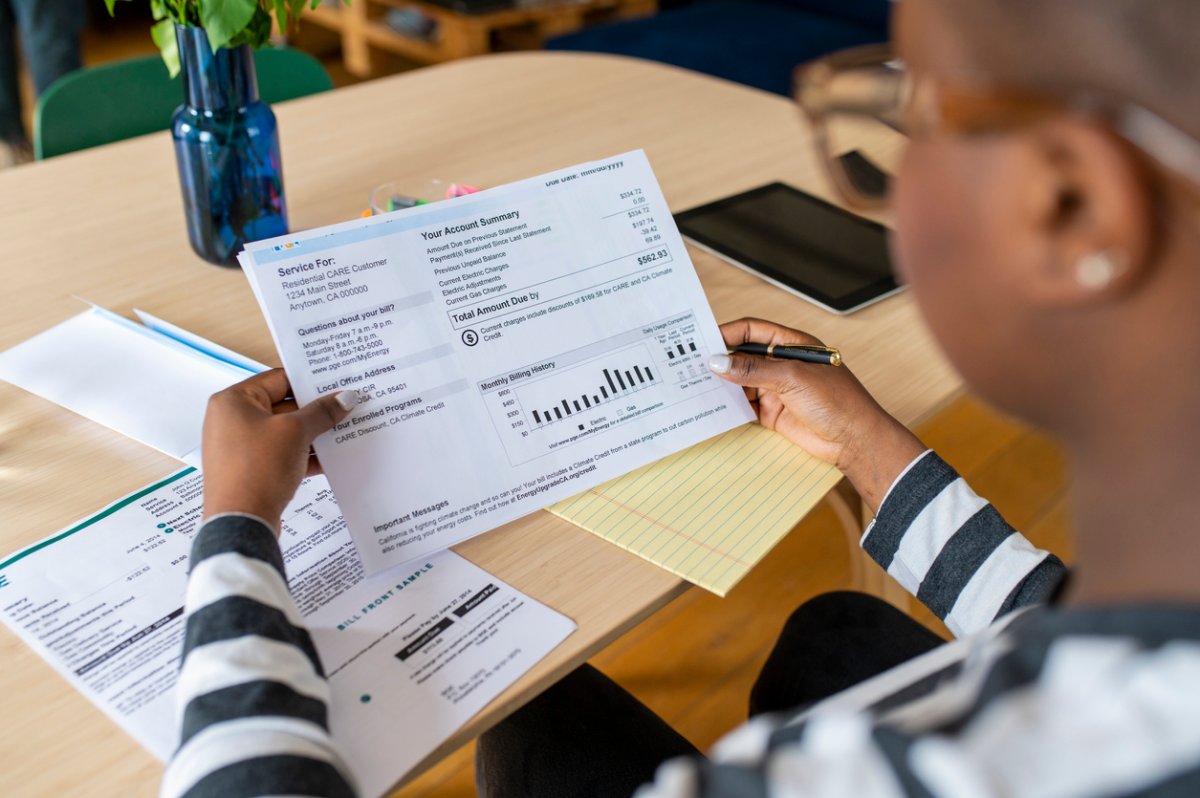

We may earn revenue from the products available on this page and participate in affiliate programs. Learn More ›
Despite our best efforts to economize and lead more eco-friendly lives, few of us are are paying less for our utilities than we were a few years ago. In fact, the opposite is true: On average, according to a December 2023 report published by J.D. Power, the cost of electricity rose 14.3 percent in 2022, and 27 percent in the first 6 months of 2023. Most of us are willing to try new cost-saving measures to get our utility spending out of the stratosphere, but these ill-advised courses of action will only cost you more in the long run.
1. Heating an Empty House
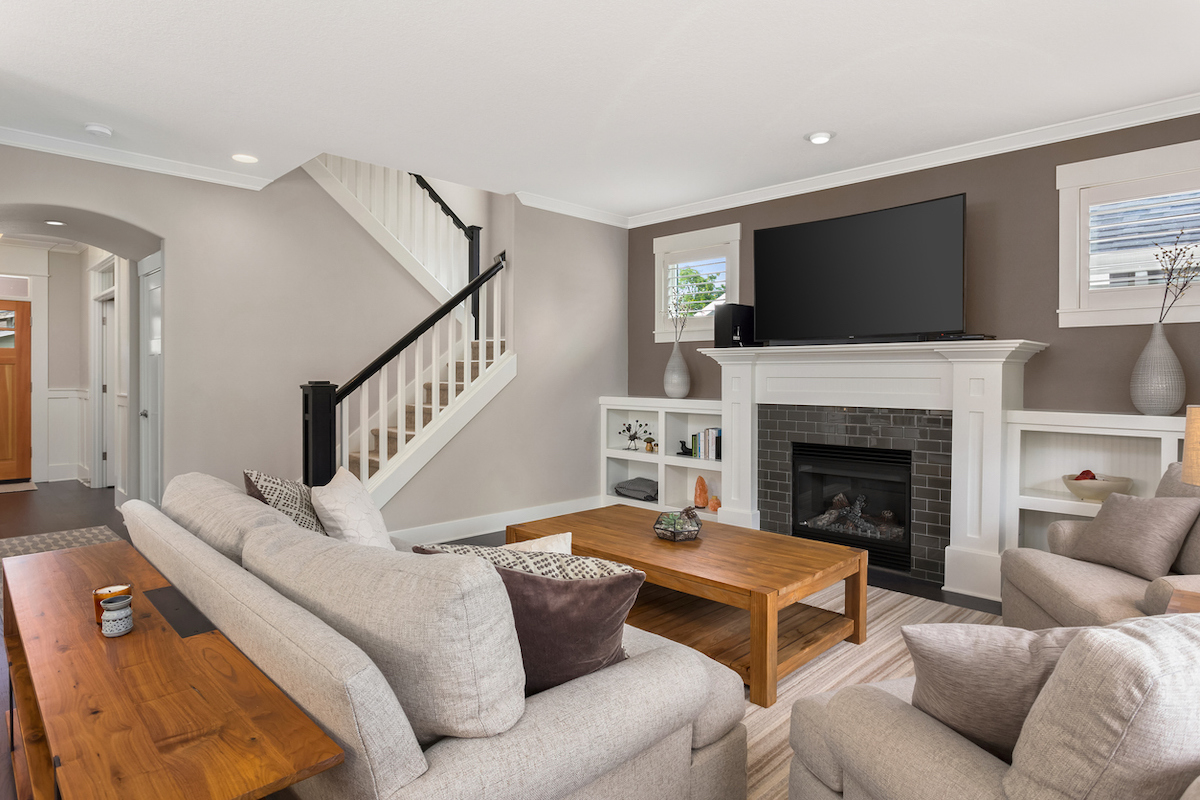
If you’re away from home for most of the day, or if you travel on the weekends, don’t leave the house on the same temperature settings you would if you were home all day. Purchasing a programmable thermostat can save you money on energy bills. Set the temperature to go down while you’re away, and warm up the house right before you return.
2. Not Locking Your Windows
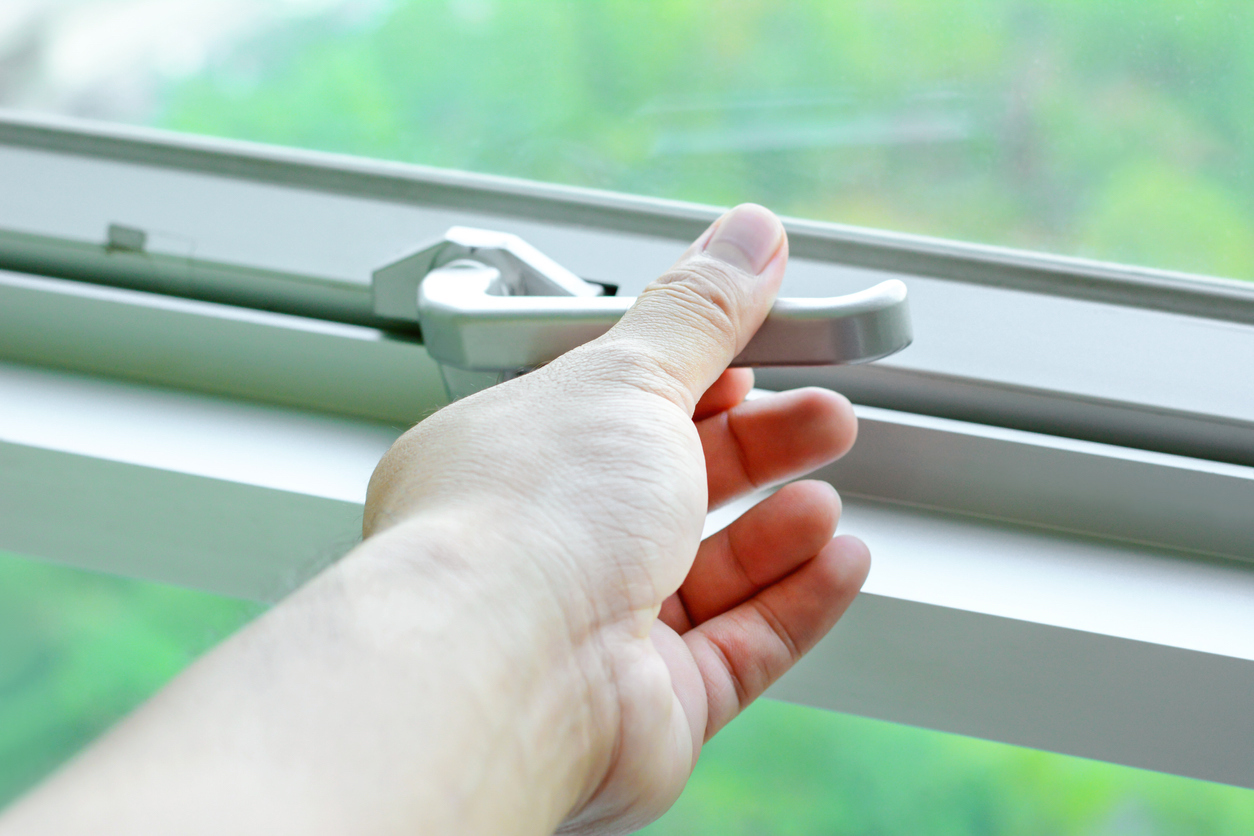
Of course you keep your windows closed in the winter, but do you remember to lock them? If your windows are not sealed tightly, cold air can seep into your home, and the warm air your furnace is producing could leak out. Be sure to lock all your windows during the winter months.
3. Cranking Up the Thermostat
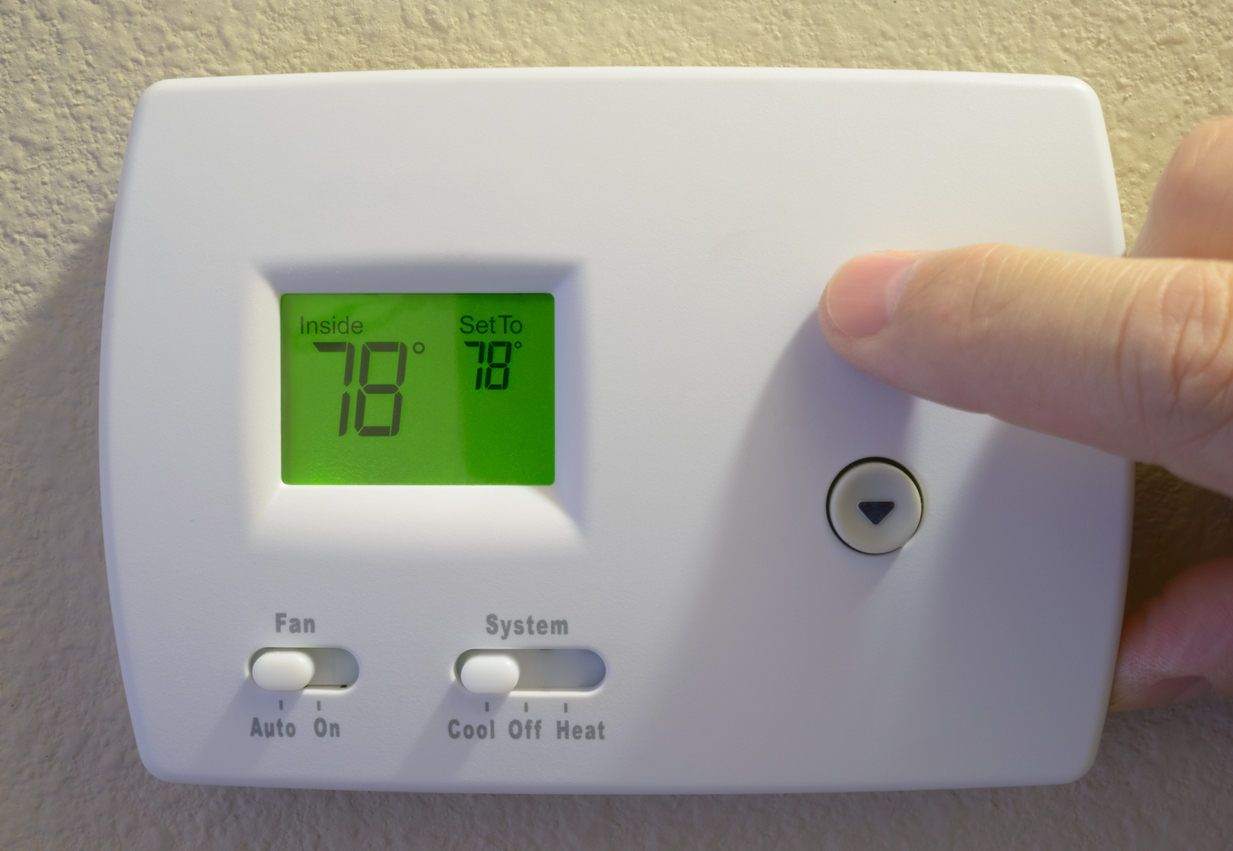
Don’t make the mistake of trying to heat your home faster by cranking up the thermostat higher than it should go. Turning your thermostat too high has no effect on how quickly your home will warm up. Your furnace will just end up running longer, which just means a higher electric bill for you.
4. Not Changing the Air Filter

When the air filter is dirty, your furnace has to work—and will use more energy doing so. Make sure you change the furnace air filter on a regular schedule. Your system will work more efficiently, and more economically. If you’re in the market for replacement filters, be sure to check out our tested guide to the the best furnace filters.
5. Ignoring Leaks and Drafts
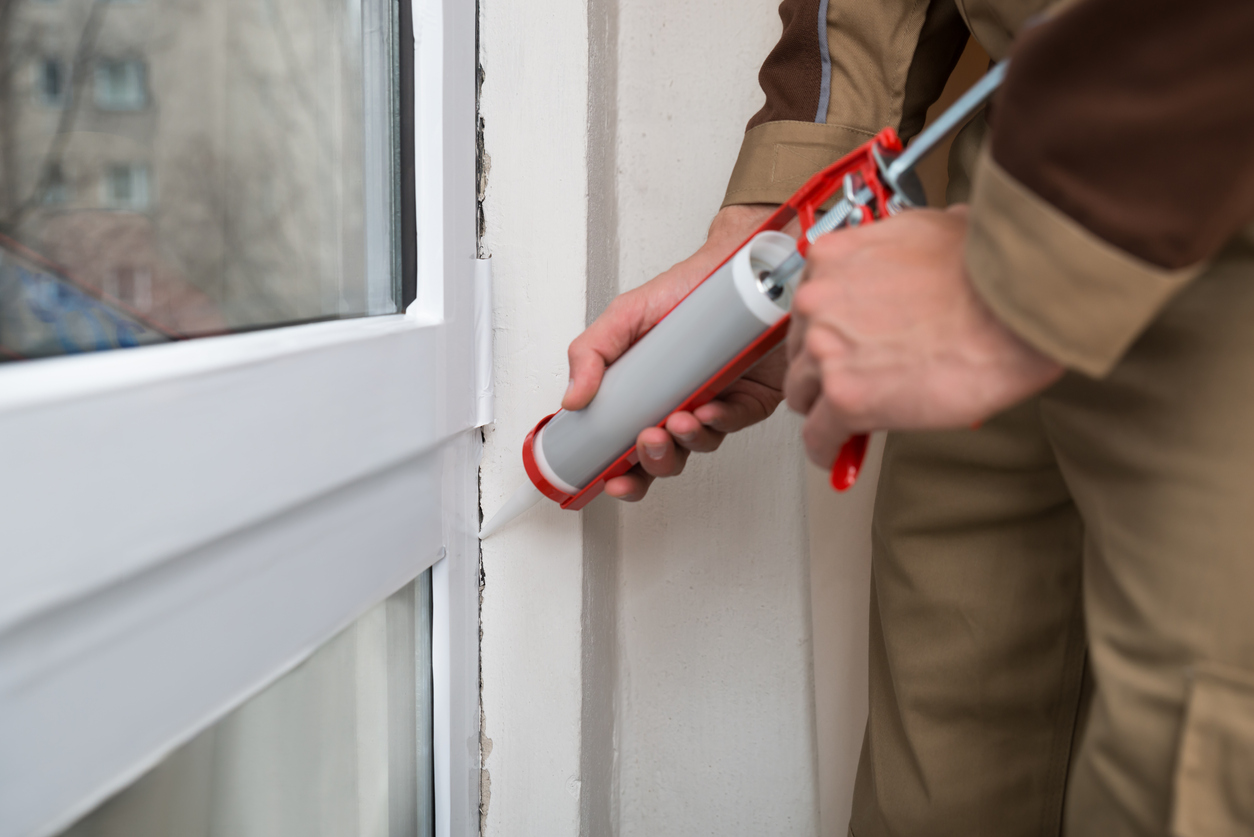
Don’t underestimate how much heat your home could be losing as a result of air that leaks from doors, and drafty windows. Check all the doors, windows, and exterior walls for drafts. Seal and caulk any areas where cold air is coming in and warm air could leak out. Pay special attention to the basement and attic—they are generally the draftiest spots.
6. Closing Vents in Unused Rooms
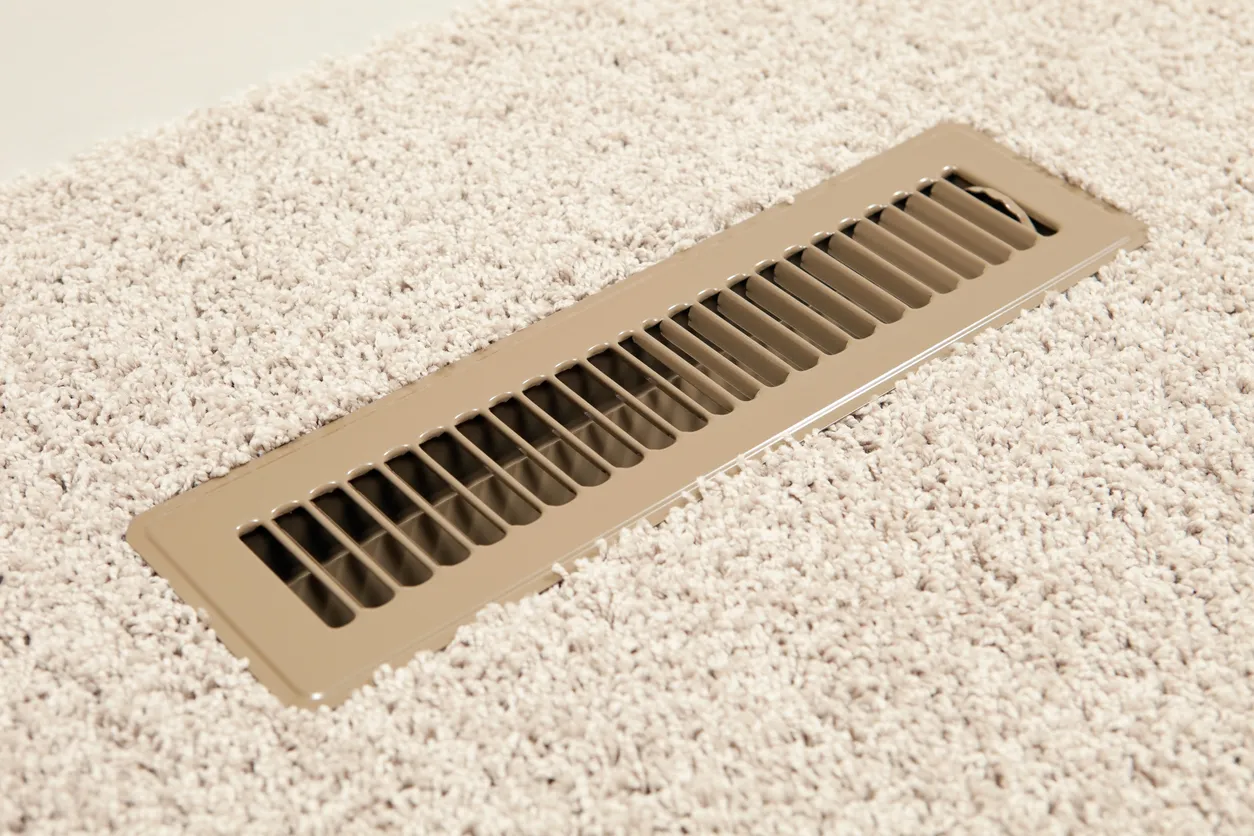
You might think it would make sense to close the vents in unoccupied rooms to save money on your utility bill. After all, why heat a room that’s empty? The fact is, the ductwork for your heating system is sized to provide even heating throughout the house, and the system won’t work efficiently if you disrupt that balance by closing vents.
7. Neglecting Regular Furnace Maintenance
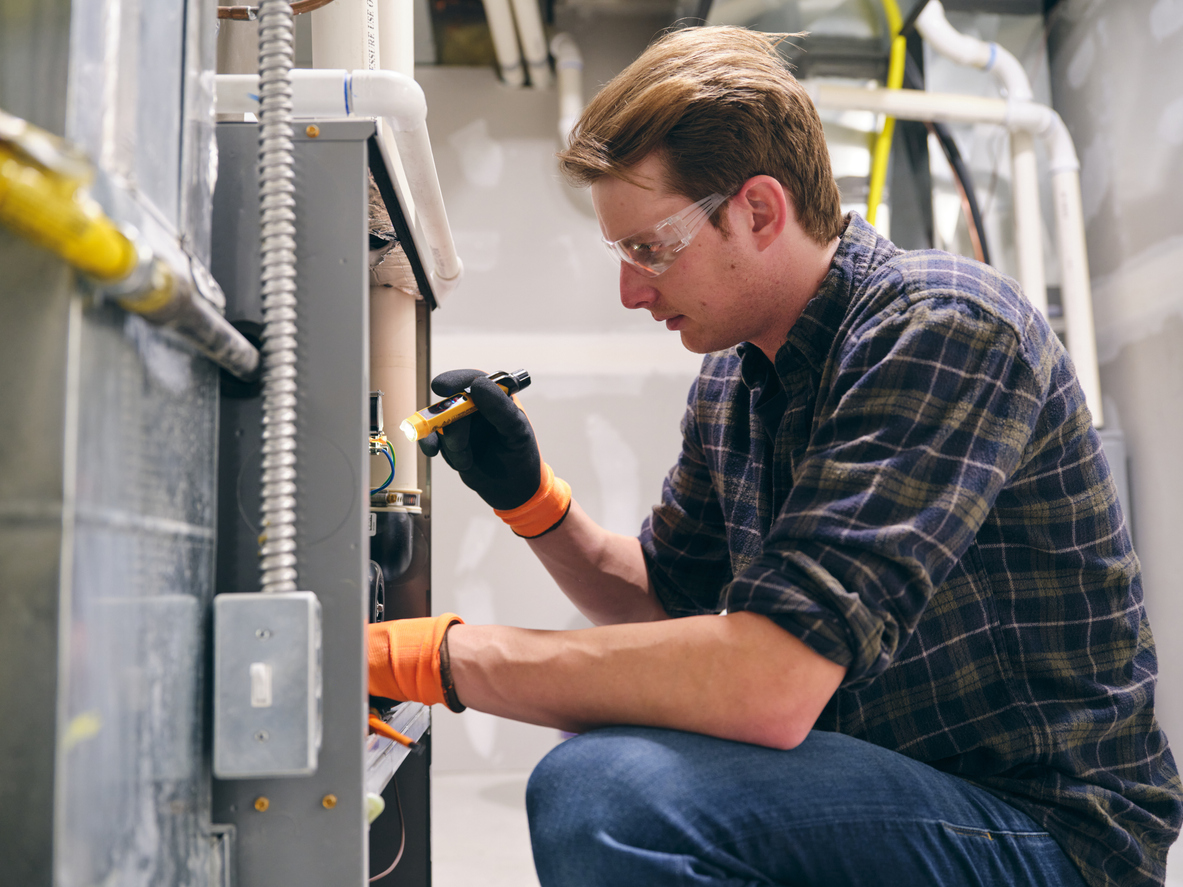
Just like your car, your furnace needs regular maintenance to keep it in good working order. Don’t put off this task: A well-maintained HVAC system will run more efficiently, and keep your energy bills down. Also, regular checkups will ensure that a minor furnace maintenance issue doesn’t balloon into a costly maintenance problem.
8. Turning Your Thermostat Down Too Low
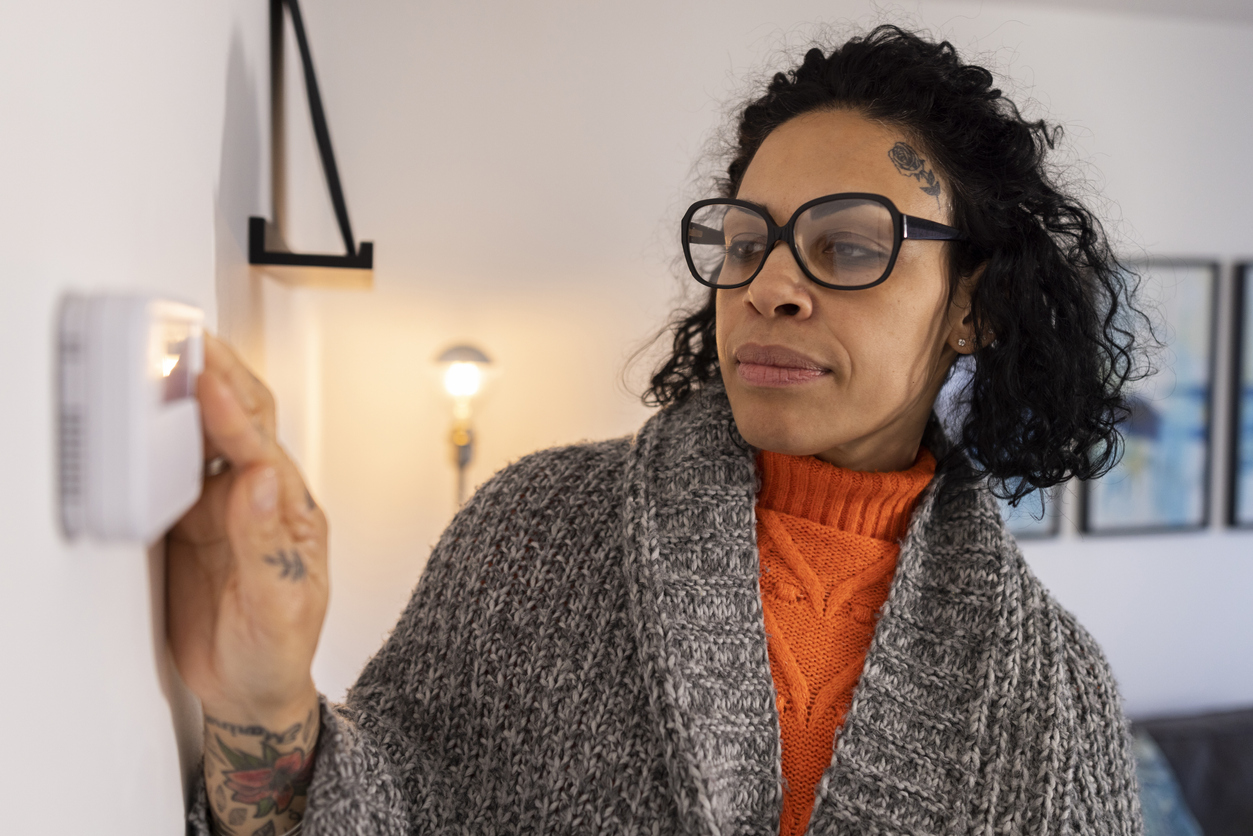
While you don’t want to heat your house when you’re not home, don’t make the mistake of turning the thermostat down too low while you’re away. Doing so will just force your furnace to work harder when it’s time to bring the temperature up again, and you’ll end up spending more money in the long run.
RELATED: What Temperature Should I Set My Thermostat in Winter?
9. Using Your Fireplace as a Heat Source
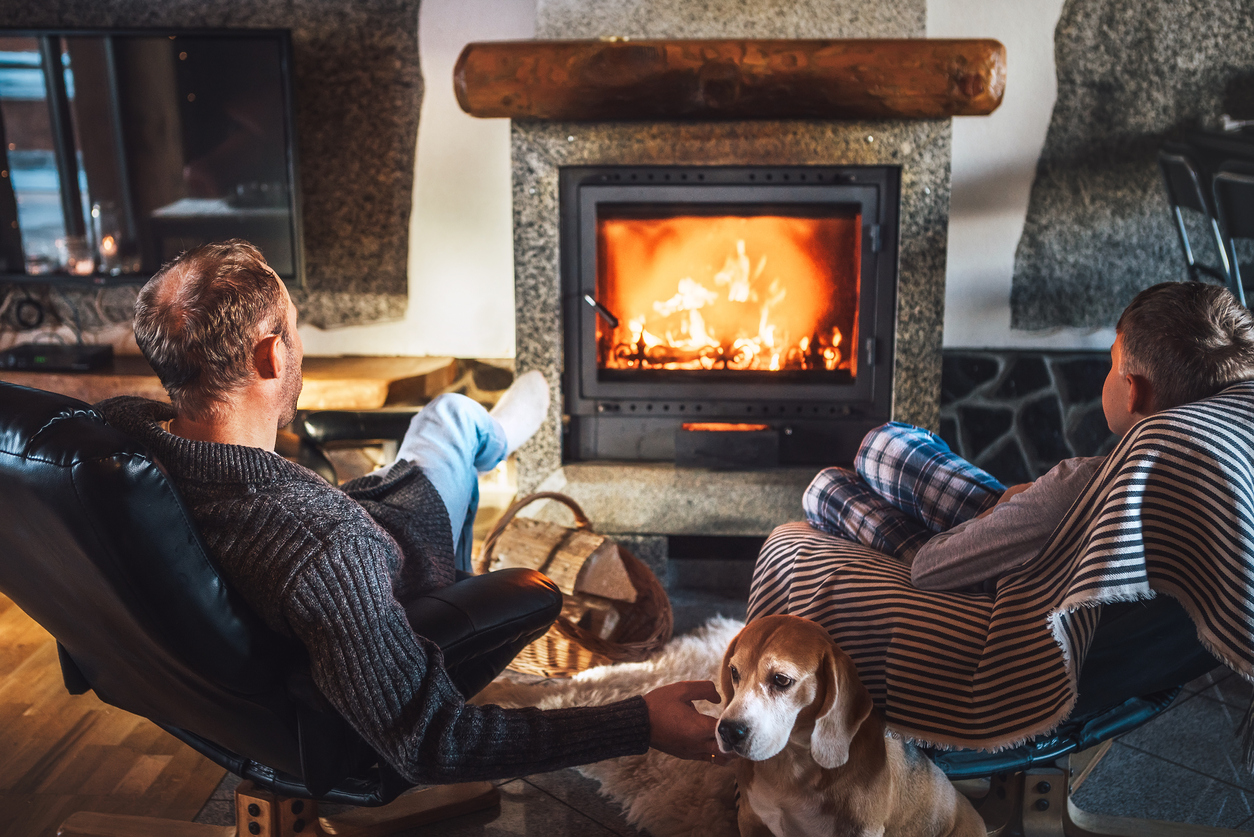
It might seem like a good idea to turn your thermostat down and use a fireplace to heat your living area, but you’d be doing more harm than good. Most of the warm air will go straight through the chimney and out of your house. That very same chimney will also let in the chilly air from outside, making your house colder and forcing your furnace to work harder.
10. Leaving Exhaust Fans On
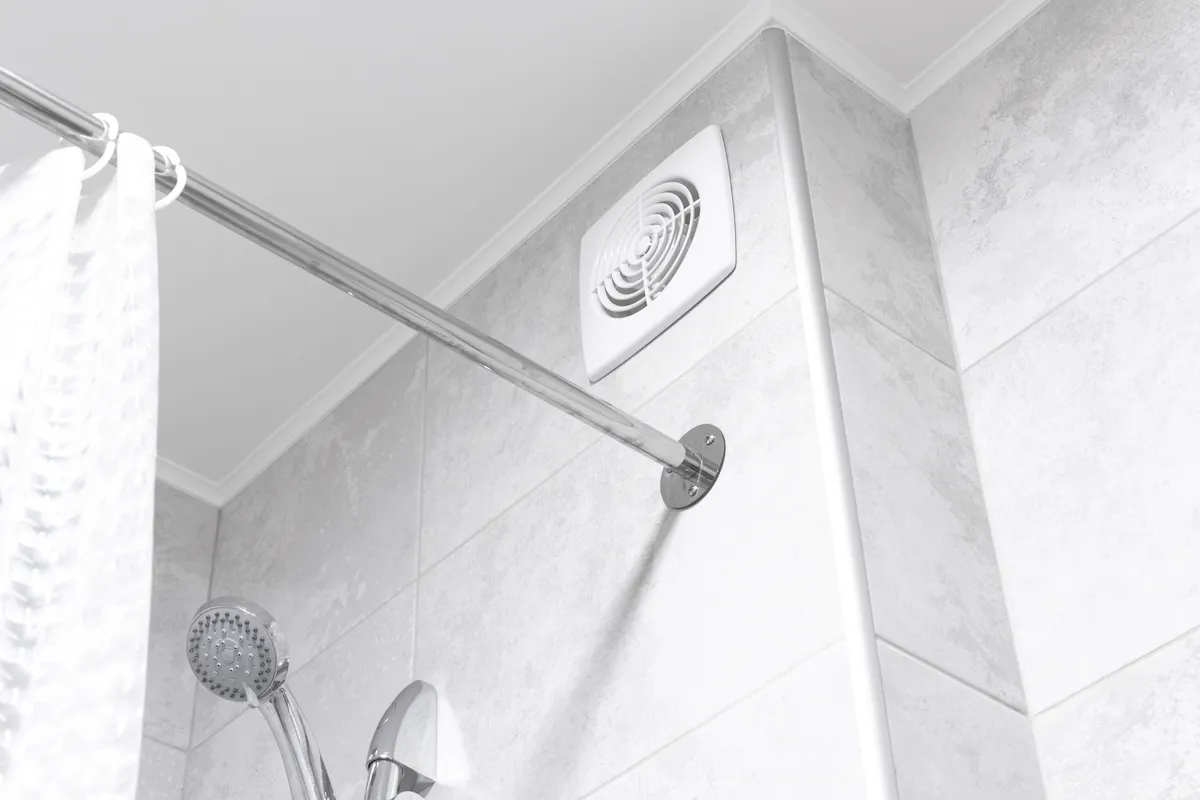
As soon as you’ve finished using a kitchen or bathroom fan that vents exhaust outside, turn it off. Exhaust fans are necessary to purge moist or odiferous air from your home, but you definitely don’t want to be sending warm air out of your house longer than is necessary.
